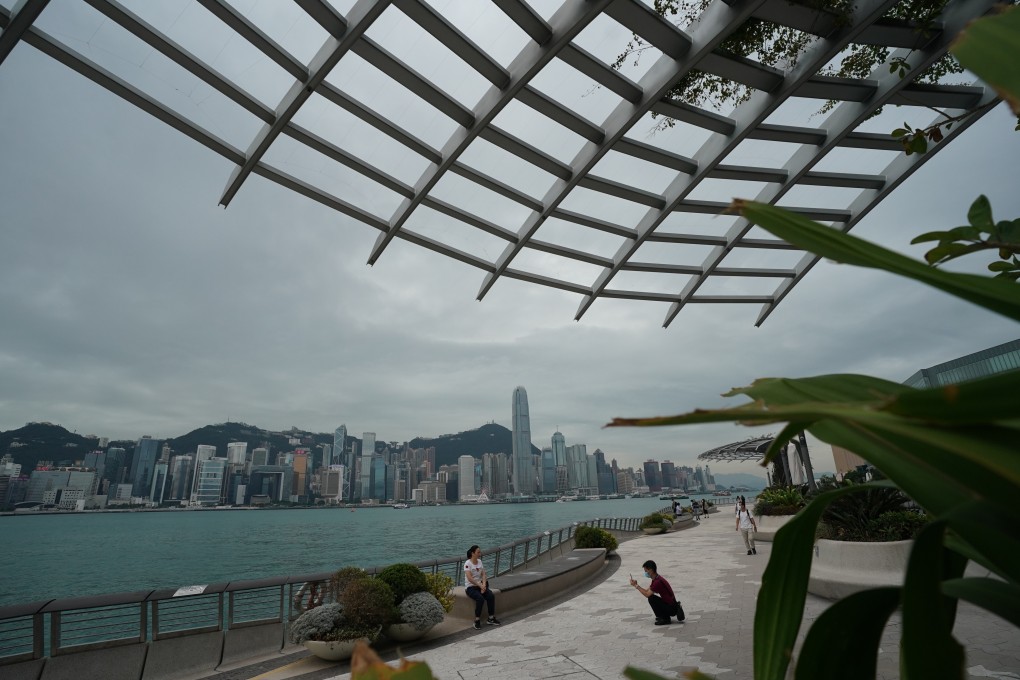Editorial | Alarm bells ring as private sector debt hits historic high
- The government faces a difficult balancing act as it tries to reopen the economy while safeguarding public health at the same time

Private sector debt in Hong Kong has reached a historic high. Faced with the worst economic contraction on record, companies are piling debt on debt in a seemingly vicious cycle. A global research firm has sounded alarms.
Separate data from the Bank for International Settlements shows that the debt service ratio for the local private sector – a measure of the cost to repay borrowings – jumped to a record 29.8 per cent in March, the highest among 32 economies, and almost doubled from about 16.5 per cent a decade earlier. The city’s debt service ratio topped Norway’s 27.9 per cent, the Netherlands’ 25.8 per cent, mainland China’s 20.3 per cent and the United States’ at 15 per cent.
Certainly, the Hong Kong economy is in the danger zone, but not everything is grim. The Chinese economy is picking up, the only major one in the world that is expanding. And thanks to the currency link to the US dollar, the Federal Reserve’s ultra-low interest regime will keep borrowing costs low in the next few years.
The Hong Kong Monetary Authority has pointed to the soundness of the residential mortgage market and the overall banking sector, adding that the seemingly higher private sector debt to GDP ratio is a consequence of Hong Kong being an international financial centre.
Private non-bank debt is mostly concentrated in the property sector, which employs over a quarter of a million people, accounting for one of the biggest job segments in the local workforce. Since the Covid-19 pandemic, about 50,000 construction workers have lost their jobs, while another 80,000 are underemployed as nine out of 10 construction projects have been delayed. It makes sense for the government to prevent developers from collapsing. Indeed, it would want criticism of its policy reversal on an empty flat levy, which looks like a sweet deal for developers, to be viewed in this light.
